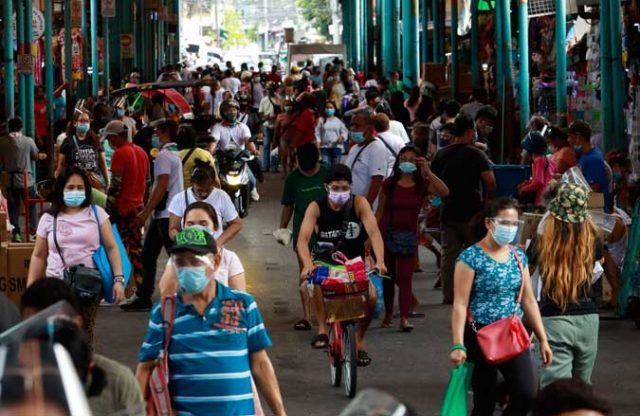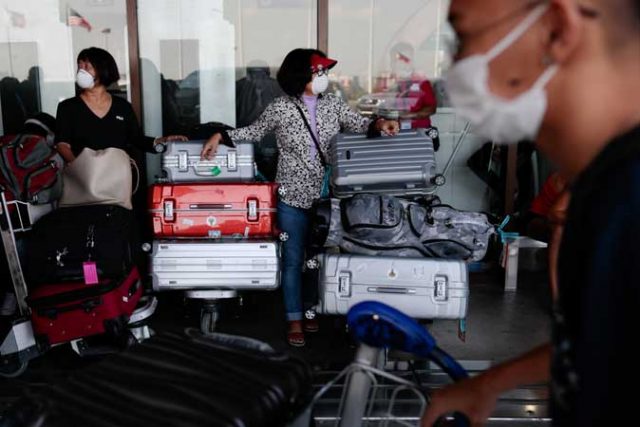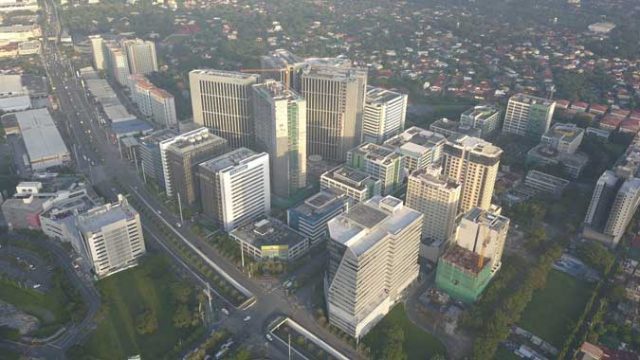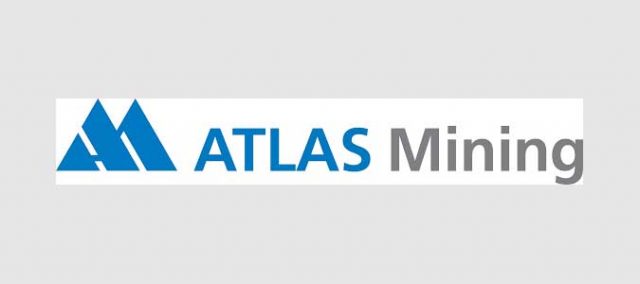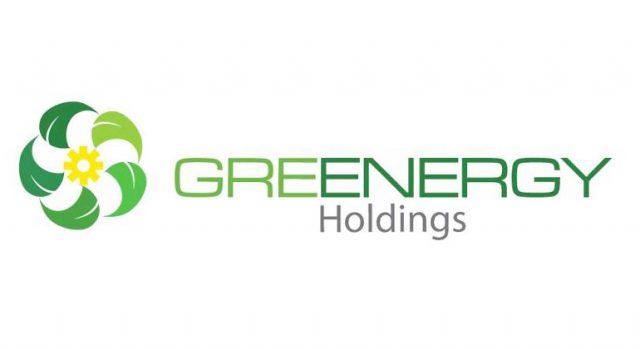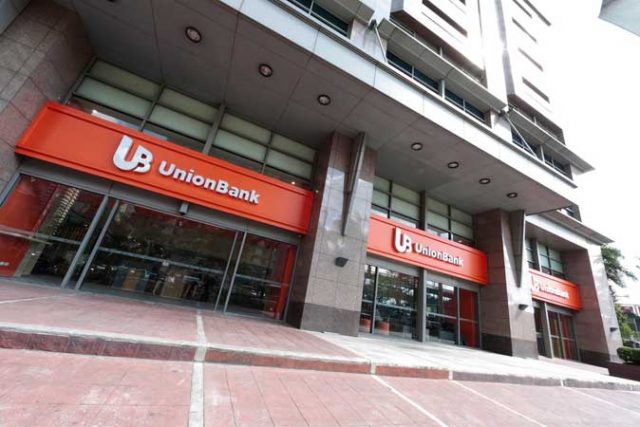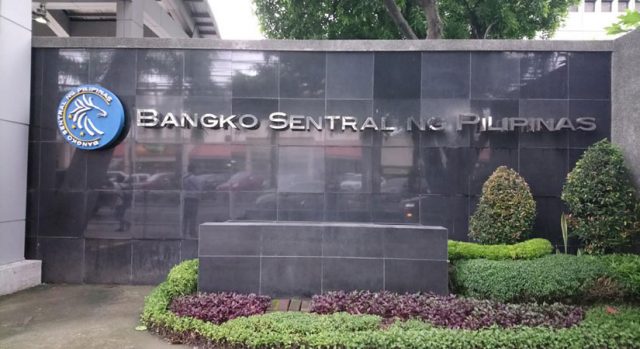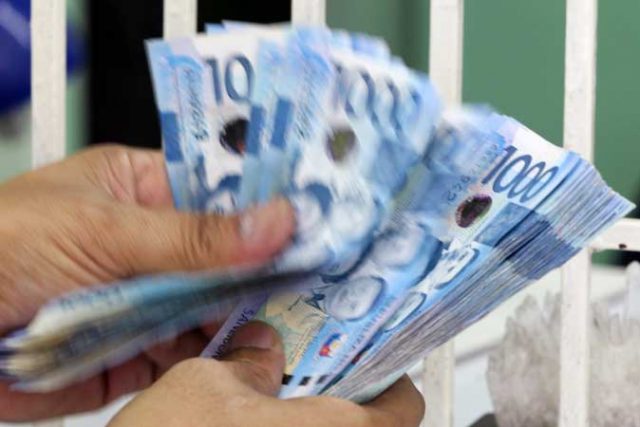5 scammers arrested in joint NBI-SEC-ARTA operations
Five people who are believed to be involved in a scam that milked millions of pesos from its victims, were arrested in an entrapment operation in Quezon City on July 21. The operation was jointly launched by the National Bureau of Investigation (NBI), the Securities and Exchange Commission (SEC), and the Anti-Red Tape Authority (ARTA).
The NBI identified the suspects as Bernie Revadenera Limpiada, Brix Marvin Jaurez Ojeda, Rogelio Fambuena Laverinto, Glory Ann Id Pillora, and Sison Nicolas Inocencio, all of whom are involved with Agriwealth Farm Venture, Inc.
On June 8, Secretary Jeremiah Belgica, ARTA Director General, received a complaint from a pastor claiming that the suspects and the company they were with were involved in an investment scam.
According to the complainant, Agriwealth Farm Venture, Inc. offered investment plans to the public even as, it was later found, it was not registered as a corporation nor issued a secondary license to operate as an investment company by the SEC. It instead used its articles of incorporation to solicit funds.
Agriwealth Farm Venture claimed that it would give investors a 160% return on investment within 100 days. It also promised investors a daily profit ranging from 1.6% to 2.5% on their invested amount. In addition, the investors were told that they would receive a percentage of their invested amount for every direct referral or recruit.
The company led investors to believe that it owned a 20-hectare aqua farm that yields mud crabs and tiger prawns in Hagonoy, Bulacan.
The scam took millions of pesos from unsuspecting victims.
As the nature of the complaint was not red tape-related, Mr. Belgica referred the complainant to the NBI. The pastor was escorted to the NBI to relay his concerns.
On July 21 at around 4 p.m., Limpiada, Pillora, and Inocencio were nabbed in a mall in Quezon City after receiving the entrapment money. Ojeda and Laverinto, who introduced themselves as the company’s Chairman/CEO and General Manager, respectively, were arrested in a subsequent raid at Agriwealth Farm Venture’s office on the same day at around 7:20 p.m.
The arrested suspects are now under the custody of the NBI and will be facing charges for violation of the SEC Code and other appropriate laws.
NBI Director Eric Distor warned the public not to engage with scammers and to coordinate with them for investigation.
“We call on the public not to patronize these investment scams, lalo na pag hindi (especially if they are not) registered with [the] SEC,” he said in a joint press conference with ARTA on Friday.
“Come forward and operate with the NBI because this is the only way that we can hold them accountable,” he added. “This kind of modus, this is not new. Para itong virus na nagmu-mutate din, nage-evolve din (This is like a virus that mutates, evolves).”
Mr. Belgica commended the NBI for their timely response and underscored how different types of crimes can be eliminated if government agencies and local government units will work together.
“In fighting criminality, there has to be a whole-of-government approach. Hindi pwedeng silo system tayo, kailangan talaga mabilis ang ugnayan (We cannot be in a silo system, relations have to be quick),” the ARTA chief told the reporters.
Undersecretary Carlos Quita, Deputy Director General for Finance and Administration, also talked about ARTA’s plans to coordinate with other agencies to implement a more integrated approach in fighting red tape.
Mr. Belgica expressed hopes for a continued partnership with the NBI in its campaign to eliminate fixers and other sources of red tape in the country. — Keren Concepcion G. Valmonte

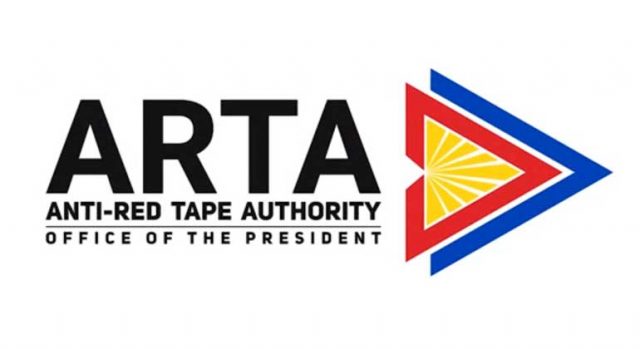
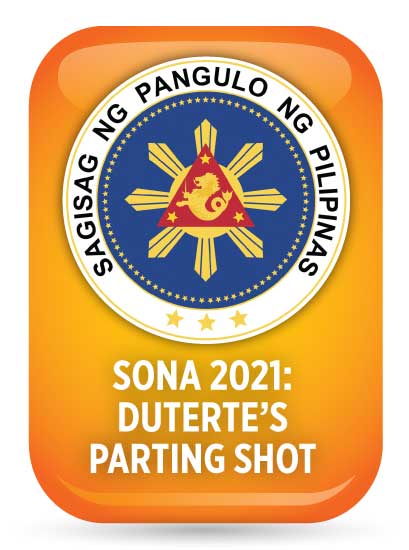
 The President’s security force said on Friday that it is all set to handle the last State the Nation Address (SONA) of President Rodrigo R. Duterte, saying stricter rules would be enforced during the annual activity.
The President’s security force said on Friday that it is all set to handle the last State the Nation Address (SONA) of President Rodrigo R. Duterte, saying stricter rules would be enforced during the annual activity.